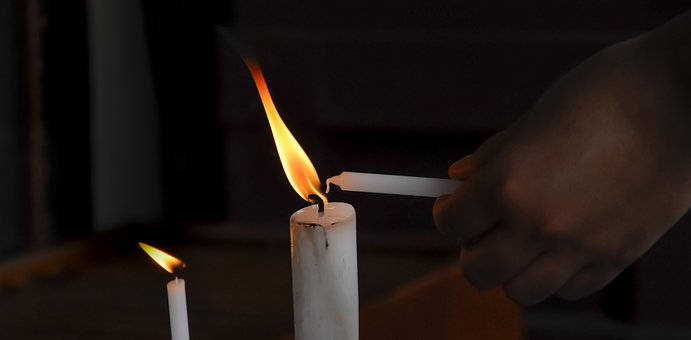On December 14, 2022, Le Figaro published a short article on its website criticizing my column entitled “Why were witches burned?”, broadcast on Wednesday October 27, 2021. The figure of 100,000 women sentenced was mentioned that day. at the stake in France alone, between the 14th and 18th centuries. Figure corrected in another column* where I specified that in reality the number of victims had probably not exceeded 60,000, in Europe.
How does the question of error arise for historians?
Marc Bloch wrote that what he called the “perpetual regrets of our craft” were characteristics of the true scholar. Indeed, the assertions of a specialist can be invalidated or supplemented by research carried out by others. However, it should be noted that the profession of historian encompasses two types of activities. On the one hand, he must produce specialized knowledge, on the other hand he must disseminate his knowledge towards his students and the wider public who read or listen to him. This is why academics are considered teacher-researchers.
“Verification: approximations, errors”
The error in figures made in this chronicle on witches is a consequence of the constraints specific to the work of transmitting history. These daily chronicles of 3-4 minutes require an enormous effort of synthesis on questions, very often, not studied. This creates a dependence on specialists, who do not always agree with each other. Journalists who use scholarly works to point out an error in a column are therefore right to inform their readers. Nevertheless, the Figaro article taken here as an example appeared in a section entitled “Verification: approximations, errors”, which aims to “screen the news”. Unlike the historian whose function is to understand or explain the past, the journalists who contribute to this type of section are motivated by issues directly linked to current events.
Revising the number of victims of witchcraft trials downwards in no way invalidates the observation that the great majority of them were women and that they were condemned by exclusively male courts. That’s why I concluded that this was an “extreme form of male domination over women”. It is an indisputable historical fact (…).
* “Should we rehabilitate “Catillon”, the last woman who was burned for witchcraft in Switzerland?”, column broadcast on Friday, June 10, 2022, in Le Pourquoi du comment.
The column can be listened to in its entirety by clicking on the top of the page. History, economics, science, philosophy, art history…
Listen and subscribe to the collection of podcasts “The Why of the How “; the best experts answer all the questions you dare not ask.
We would like to give thanks to the author of this short article for this awesome content
Why can historians be wrong?
Discover our social media accounts as well as other pages related to it.https://nimblespirit.com/related-pages/

